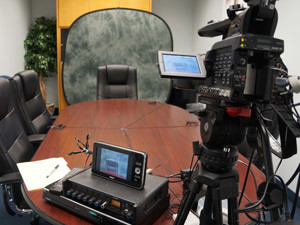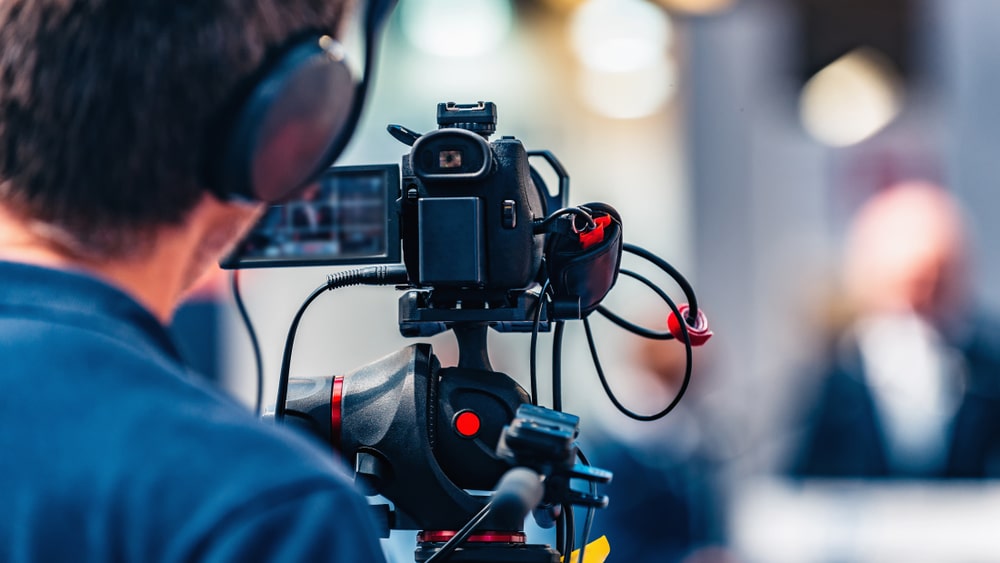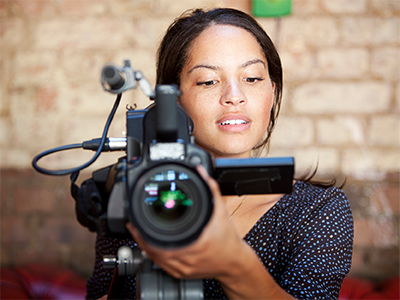High-Resolution Legal Videography for Essential Evidence Recording.
High-Resolution Legal Videography for Essential Evidence Recording.
Blog Article
The Duty of Lawful Videography in Depositions and Trials
Lawful videography has arised as a necessary tool in both depositions and trials, providing a complex approach to recording witness statements. As lawful experts increasingly recognize its worth, it triggers a much deeper evaluation of just how these visual records can influence juror understandings and test results.

Significance of Lawful Videography
Legal videography plays a pivotal duty in the documentation and presentation of depositions and tests. This specialized area incorporates technological skills with lawful expertise to develop a trustworthy document of process that can substantially affect instance outcomes. The visual aspect of legal videography improves the understanding of witness statement, enabling jurors and judges to observe not only the talked words yet likewise the temperament, feelings, and body language of the witnesses.
On top of that, legal videography supplies an unbiased account of events, reducing the capacity for misinterpretation that can accompany created transcripts alone. This aesthetic documents serves as a vital tool during trial presentations, promoting a clearer and more influential narrative for both complainants and defendants. Moreover, the capacity to replay video clip sections during court process enables legal groups to highlight bottom lines, enhancing their debates efficiently.
The importance of legal videography prolongs beyond the court room; it also plays a crucial role in preserving evidence for future recommendation, whether for allures or more legal activity. Its integration into the legal process is important for guaranteeing a fair and accurate representation of the facts, ultimately adding to the search of justice.

Refine of Legal Videography
While recording the nuances of depositions and tests, the process of legal videography includes a number of critical actions that ensure top notch, exact recordings. Initially, a specialist lawful videographer prepares by examining the case products and understanding the details requirements of the deposition or trial. This preparation includes familiarizing themselves with the participants and the context, which helps in capturing significant information.
On the day of the recording, the videographer sets up the required equipment, which commonly consists of high-definition cams, microphones, and appropriate lighting. Ensuring ideal angles and audio high quality is crucial, as it straight affects the efficiency of the recording. The videographer connects with lawyers and individuals to develop procedures, making sure that everybody recognizes the recording procedure.
Throughout the deposition or test, the videographer diligently records the process, paying very close attention to both spoken and non-verbal signs. This includes capturing the behavior and reactions of witnesses and attorneys. After the session ends, the videographer might modify the footage for quality and conformity with legal criteria, producing an end product that properly reflects the procedures for future recommendation and use in legal contexts.
Advantages in Depositions
The unification of videography in depositions provides countless review advantages that enhance the overall process of gathering evidence. One primary advantage is the capability to record witness statements with aesthetic and acoustic integrity, providing a more accurate depiction of the witness's disposition, tone, and body language. This multidimensional method permits attorneys and juries to assess integrity more successfully than conventional written records alone.
Furthermore, videographed depositions serve as a powerful tool for protecting statement. Ought to a witness come to be not available for test, their taped deposition can be played in court, making certain that their evidence remains accessible and appropriate. This element significantly reduces the threat of shedding essential info that can impact situation results.

Last but not least, videography improves the overall professionalism and trust of the deposition procedure, instilling confidence in customers concerning the thoroughness of their legal depiction (legal videography). By leveraging modern technology, attorneys can substantially improve the effectiveness of depositions
Impact on Trials
In lots of trials, the combination of videography can substantially affect the discussion of evidence and the jury's assumption. Legal videography records witness testaments and vital proof in a dynamic format, enabling jurors to engage with the material on numerous levels. This aesthetic component improves the narration aspect of a trial, offering context and psychological vibration that traditional text-based proof may do not have.
Furthermore, video recordings can act as powerful devices for impeachment during interrogation. When discrepancies occur between a witness's prior declarations and their court room testament, video evidence provides an unbiased referral that can guide jurors' opinions. This immediacy and quality can strengthen the credibility of a party's story top article while at the same time threatening opposing arguments.

Future Trends in Legal Videography
As we look toward the future of lawful videography, a number of emerging trends promise to improve its function within the courtroom. One substantial pattern is the combination of man-made intelligence (AI) in video analysis and editing. AI can streamline the process of determining key minutes in taped depositions, permitting attorneys to swiftly access relevant content, therefore improving effectiveness in case prep work.
Additionally, the surge of digital fact (VIRTUAL REALITY) and boosted truth (AR) modern technologies is anticipated to change how jurors experience evidence. legal videography. By submersing jurors in a simulated atmosphere, these technologies can provide an extra profound understanding of complicated scenarios, causing even more informed deliberations
In addition, the boosting demand for remote depositions, increased by the COVID-19 pandemic, will likely continue. Lawful videographers will certainly need to adapt to brand-new software program and systems to guarantee premium recordings in online setups.
Finally, the growing focus on information security will demand stricter methods for saving and sharing video evidence. As the legal landscape advances, legal videographers need to stay abreast of these fads to preserve their importance and performance in the judicial procedure.
Final Thought
In recap, legal videography offers an essential feature in the judicial procedure, enhancing the stability of depositions and trials. By catching the nuances of witness testaments, this tool not only preserves vital evidence but also aids in presenting details effectively to jurors. The significance of visual documents in reviewing reputation and assisting in interrogation can not be overstated. As modern technology continues to evolve, lawful videography is positioned to further change its function within the lawful landscape.
Report this page